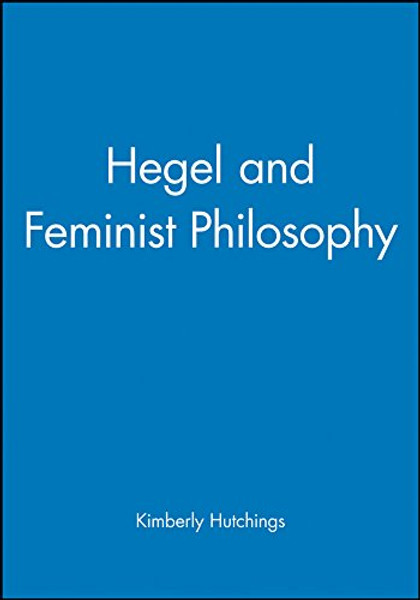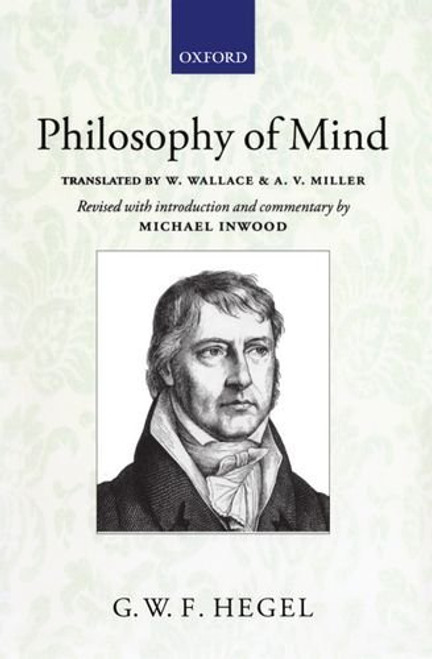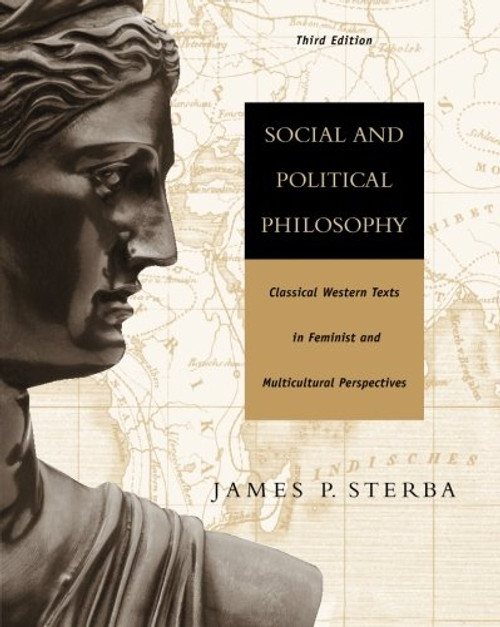Product Overview
Hegel and Feminist Philosophy traces the legacy of Hegel in the work of thinkers such as de Beauvoir, Irigaray and Butler, and also in contemporary debates in feminist ethics and political philosophy. As Hutchings demonstrates, this is an ambivalent legacy. Hegel figures both as an antagonistic 'other' and as a significant resource for feminist thinking from de Beauvoir onwards. Hegel's philosophy is antagonistic to feminism in so far as it denigrates the female or feminist subject, excluding women from both reason and history. His work provides a resource for feminist philosophy because his account of reason and history is fundamentally non-binary and can be drawn on in feminist philosophy's attempts to escape the binary thinking of the philosophical tradition. Hutchings claims that feminist philosophy is characterized by patterns of thought which oscillate between accepting and overturning conceptual dualisms central to the philosophical tradition. She suggests that Hegelian elements within feminist thought provide the basis for a rethinking of feminist philosophy which escapes this either/or choice and opens up new possibilities for feminism. This is demonstrated by showing how Hegelian modes of thinking help to resolve entrenched debates within feminist philosophy over sexual difference, ethical judgement and equality of right.
Hegel and Feminist Philosophy will be of great interest to students and scholars of philosophy, women's studies and political theory.







